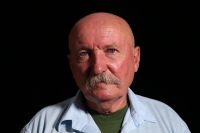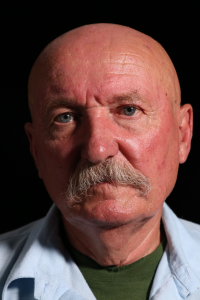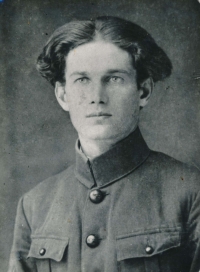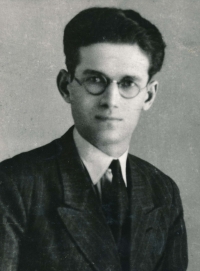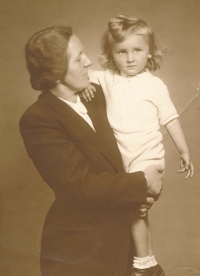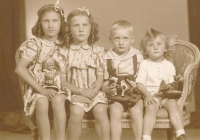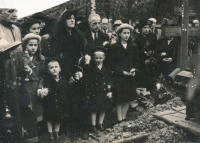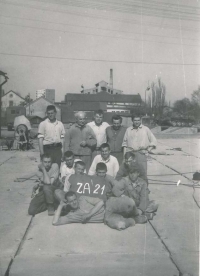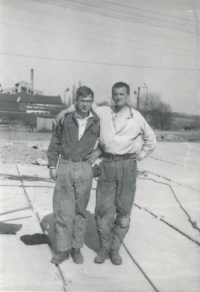Papa knew what the Bolsheviks could do

Download image
Nikolaj Bělanský was born on January 8, 1947 in Prague. His father, Maxim Belansky (originally Belansky), came from an aristocratic family living in Ananjiv, near Odesa, and graduated from the Nikolaev School of Military Engineers. He joined the institute in 1911 and, like most cadets, then served in the tsarist army. As a young junker, in 1917 he took part in the unsuccessful suppression of the Bolshevik riots. His father was killed in front of his eyes by Baltic sailors, and his mother did not recover from the attack on her family. Maxim fought in the Russian Civil War from 1917 to 1920 on the side of the White Guards, and then he managed to escape from Russia. He came to Prague in the second half of the 1920s via what was then Yugoslavia, when he graduated from university and obtained three engineering degrees while working. Among other things, he became a member of the secret society of the Gallipol Brotherhood. In 1938, he renounced his Nansen refugee passport, accepted Czechoslovak citizenship and got married. During World War II, he was imprisoned in Sachsenhausen, Germany, and Berlin. After his release in 1944, he recovered in Prague. During the May Uprising, members of the Revolutionary Guards raided their family apartment in Koubková Street, then it was looted and the family lost most of their property. Maxim was arrested shortly after the war by members of the NKVD (The People’s Commissariat for Internal Affairs), but apparently thanks to the inscription of his fellow prisoner from the Berlin prison, he avoided deportation to the Soviet Union. Maxim Bělanský died in 1950, when the witness was three years old. Nikolai trained as a bricklayer. In 1967 he received a call-up order for the military service and as his political profile was marked as unreliable, he was assigned to the technical battalion. At the time of filming (2020) he lived in the village of Pětikozly in the Mladá Boleslav region.
